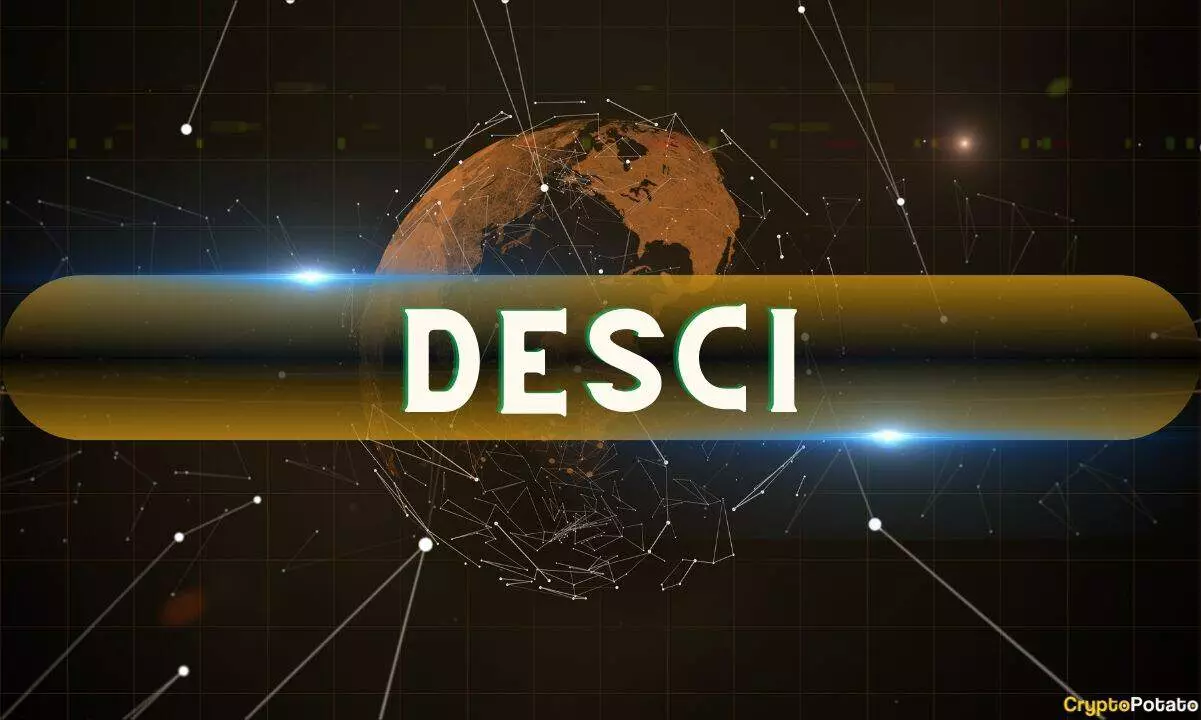The scientific research landscape is beset by significant challenges, particularly when it comes to translating theoretical findings into practical treatments. The well-known “Valley of Death” metaphor highlights the dramatic dropout rate—between 80% and 90%—of research initiatives that fail to make it to human trials. This alarming statistic underscores the fact that only a minuscule 0.1% of drug candidates ever achieve approval. Deep-rooted issues such as misaligned incentives among academic institutions, funding bodies, and commercial enterprises contribute to the inefficiency of this process. The lack of sufficient financial support, inadequate collaboration between researchers and clinicians, and the perennial issue of reproducibility in scientific studies amplify the odds against numerous research endeavors.
To address these inefficiencies, the emerging paradigm of Decentralized Science (DeSci) harnesses the power of Web3 technologies. According to a recent report from Binance Research, DeSci holds the potential to fundamentally rethink the existing research frameworks. Using blockchain technology, decentralized science creates a transparent and trustless mechanism that can revolutionize how research funding is coordinated and progress is monitored. By aligning the incentives of various stakeholders—including researchers, clinicians, and investors—DeSci aims to create a more cohesive ecosystem that mitigates the obstacles currently plaguing traditional scientific research.
One of the notorious bottlenecks in research is securing adequate funding. DeSci proposes utilizing Decentralized Autonomous Organizations (DAOs) to consolidate funding efforts by linking patients, researchers, and investors who share common research interests. DAOs facilitate transparent decision-making processes through token governance, while employing smart contracts to enforce funding milestones and tokenize intellectual property. This innovative approach not only tackles funding shortages but also ensures equitable distribution of financial rewards among contributors.
To further enhance collaboration, DeSci platforms can establish DAOs where researchers and clinicians jointly determine research goals and objectives from the onset. The tokenization of intellectual property ensures fair compensation for both parties, fostering an environment conducive to mutual benefit. By implementing incentivized peer review systems, clinicians can contribute their insights early on, guiding research in more pragmatic directions.
Reproducibility is a critical issue in research, as inconsistent results can undermine the credibility of scientific findings. Blockchain technology can mitigate this problem by providing a transparent platform for logging research methodologies, making experiments more accessible for replication. Additionally, the DeSci model promotes the open sharing of results, including both successful and failed studies, thereby confronting publication bias head-on.
Decentralized storage solutions ensure that data remains secure while enabling faster retrieval and improved collaborative efforts among researchers. This fosters greater trust in scientific findings, as the processes underlying the results are more visible and verifiable.
Despite the transformative potential of DeSci, it is still in its infancy, with a modest market cap of approximately $1.75 billion spread across 57 projects as reported by CoinGecko. In comparison to other sectors, such as Decentralized Finance (DeFi) and the broader crypto AI market, which stand at $2.7 billion and $47 billion, respectively, DeSci is still building its foothold.
While decentralized science is still developing, its framework could significantly reshape how scientific research is conducted, making the process more efficient, transparent, and collaborative. As we explore these new horizons, the promise of DeSci could very well herald a groundbreaking shift in the landscape of scientific inquiry.


Leave a Reply